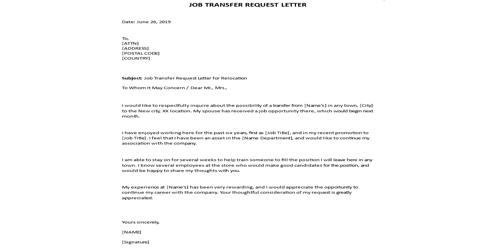Objectives:
- To control laprosy with application of multi-drug therapy
- To eliminate leprosy by the year 2004 as a public health programme & sub-national elimination within 2005.
- To create awareness among general people regarding leprosy & drive away the false beliefs and help in better understanding of problem by effective health education.
- To conduct research work on leprosy.
- To run on rehabilitation programme for the leprosy patients.
Existing resources available of the organization-
- Skilled Manpower
- Adequate Laboratory equipments
Institute at a Glance
| Name of the institution | : | Leprosy control Institute & Hospital |
| Location | : | Mohakhali, Dhaka. |
| Type of organization | : | Government |
| Year of establishment | : | 1965 |
| Date of visit | : | 19.06.04 |
Activities :
- Proper diagnosis of multi bacillary & paucibacillary leprosy through-
- Treatment of leprosy patients by-
a) Application of multi-drug therapy (MTD)
b) Surgical intervention
c) Physiotherapy
- Treatment of complication like deformity, ulceration & auto amputation.
- Training course under leprosy elimination programme.
Achievement :
- National goal of achieving a prevalence rate of less than 1 in per 10,000 population has been achieved in 1998.
- The present cure rate is very high.
- The research works are now recognized internationally.
Problems and Constraints :
- Lack of adequate financial support from the government.
- Lack of supply of necessary drugs.
- Motivation of the patients is a great problem.
Personal observation:
The successful compaign of the organization against leprosy is updated & appreciable. Bangladesh has attained maximum success in leprosy control program of WHO through the world & this organization is taken as model. But discipline & cleanliness was not up to expectation Laboratory facilities are poor. Hygienic condition was also very poorly maintained.
Conclusion :
Leprosy control programmes are at an important cross-road, particularly in the context of attaining the objective of “Health for All”. As a chronic disease with a variable incubation period & complicated manifestations, leprosy requires skillful & long-term management. If adequate support in all aspects is ensured, one day this organization would be able to eliminate leprosy from Bangladesh.
















